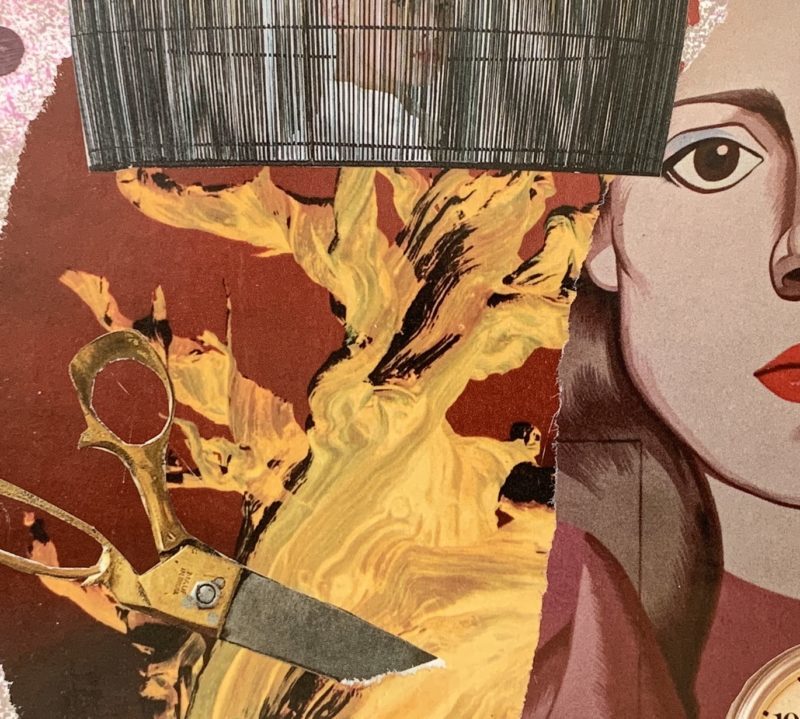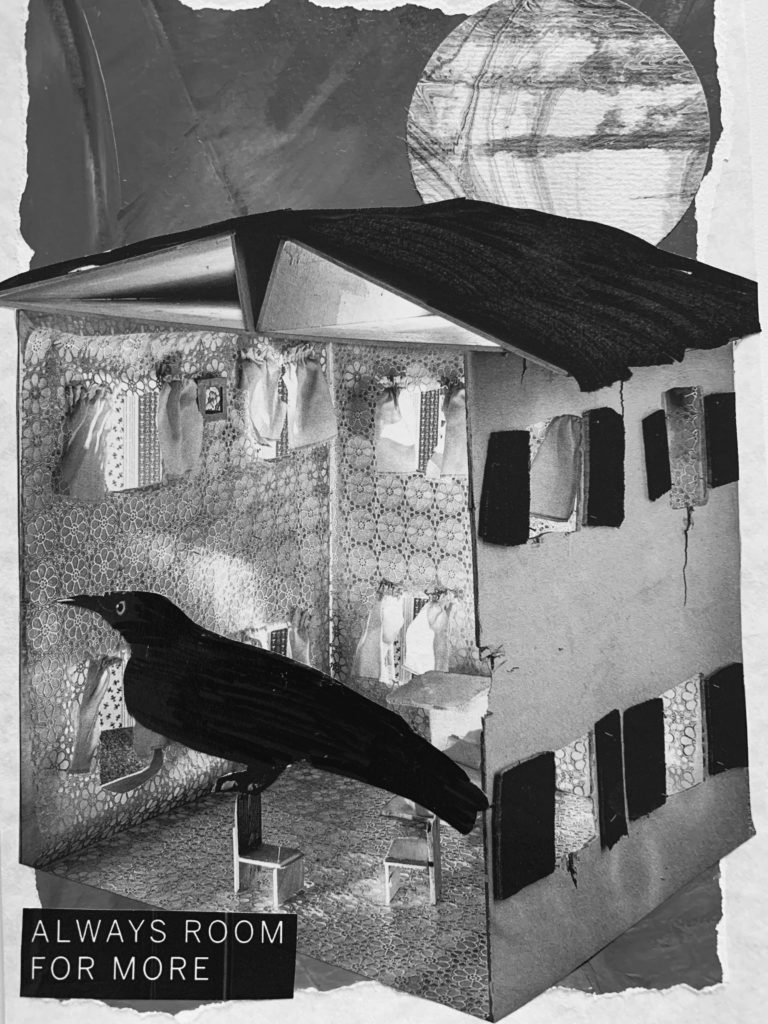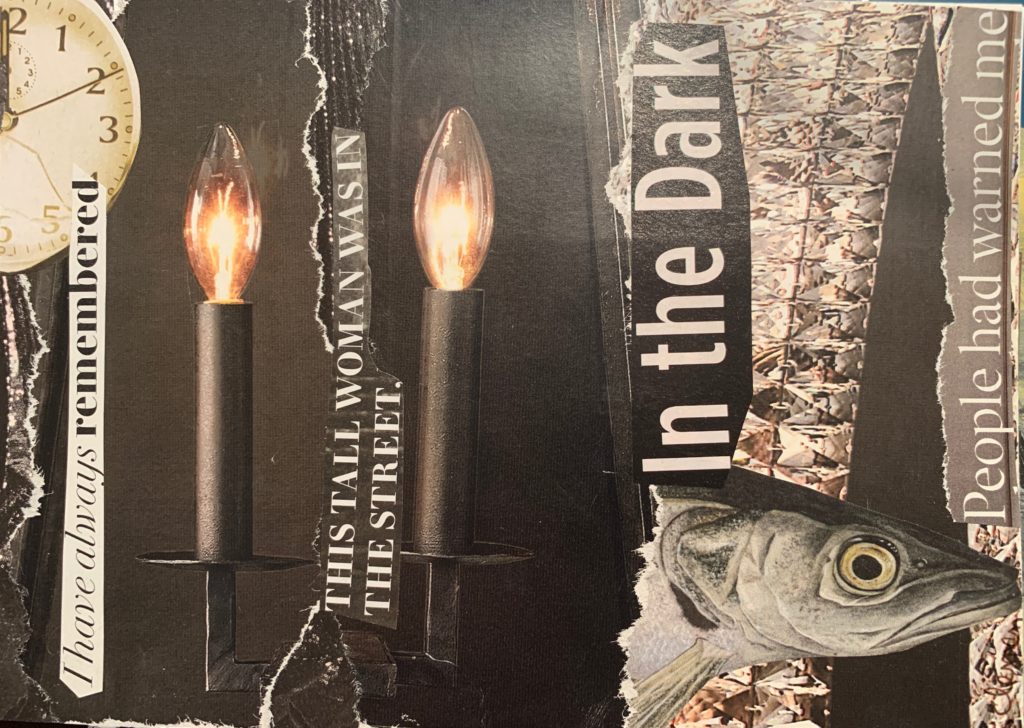
In my heart
I am a girl in Mississippi in my heart. In my churning stomach I am a girl in Mississippi. I am a girl in Mississippi even though, really, I’m an old woman in Minnesota. An old woman old enough to remember when the right to choose whether or not to carry a pregnancy to term did not exist.
I was 16 when I got pregnant during my first sexual encounter. A couple of months into my senior year at a Catholic high school in a small Catholic town, I knew that I could not breathe a word of my plight to anyone. For months I could not even admit it to myself. Everyday I awoke with morning sickness and struggled through breakfast with my parents and my little brothers. I put on my school uniform as if it were a shroud and zombied my way through my classes. I needed help and couldn’t get it.
Dead girl walking. That was me. A girl with big questions. Should I drive my car in front of the train? People did that sometimes in my town. Should I carbon monoxide myself in the garage? Hang myself? Slice my wrists? I had to do something to spare my family the ruin of my predicament. I tried to cut my wrists. Sliced a little into one with a razor blade I took from my father’s shelf in the medicine cabinet. I couldn’t finish the job.
This was my plan
Run away then, I decided. Because my weight had stayed about the same due to the morning sickness, I could wait until near the baby’s due date. No one was suspicious. I could wait, and not be gone for more than a few weeks. And then I’d come home with a story. I was good at stories.
There was a Greyhound bus to Chicago. On a day in mid-June of 1970, I would be on that bus. That was my plan. I’d been to Chicago with my high school chorus to sing the Messiah in a Christmas concert with a bunch of other Catholic school students. I would go to the convent that was part of the school and church where we sang. The nuns would take me in, and I would beg for their mercy. And… This part will sound ridiculous, but I’ll tell it to you anyway. I was going to pretend that I had amnesia. So I wouldn’t have to tell the nuns my name. Really, this was my plan.
But this is more ridiculous
It’s ridiculous to pretend that desire does not exist. Ridiculous to think that telling teen-agers they will go to hell if they have sex before marriage will deter them. It is beyond ridiculous, repugnant actually, to tell a teenager she is dirty, guilty of mortal sin, ruined for life for any reason. It is especially repugnant if you are a member of a religious order purporting to spread god’s love.
It’s abusive and wrong not to educate teenagers about sex. And children too, in an age-appropriate way. Every decent piece of research tells us that preaching about abstinence does not work. There are other stupid things that don’t work either, yet those are the things we do.
Roe v. Wade
Those of us who care about women’s rights and reproductive rights have, for years, heard the oncoming rumblings of the train wreck that will most likely overturn Roe v. Wade. I can see that future clearly because I can remember my past.
The story of my secret teen-age pregnancy will repeat itself over an over again. In Mississippi and probably another 20 states. Maybe eventually the whole country. Birth control might be on the chopping block too. And so the stories will grow more numerous. More gruesome. Because there will be no exceptions for rape or incest. And here’s a detail. It’s not mostly teen-age girls who are terminating their pregnancies these days. “According to the Guttmacher Institute, 60 percent of women seeking abortions are already mothers, and 75 percent are living below the poverty line or are categorized as low-income.” Margaret Renkl gives us a nice big picture of our current terrible reality in her opinion piece in the New York Times. Mothers are already second class citizens.
It’s going to get worse.







